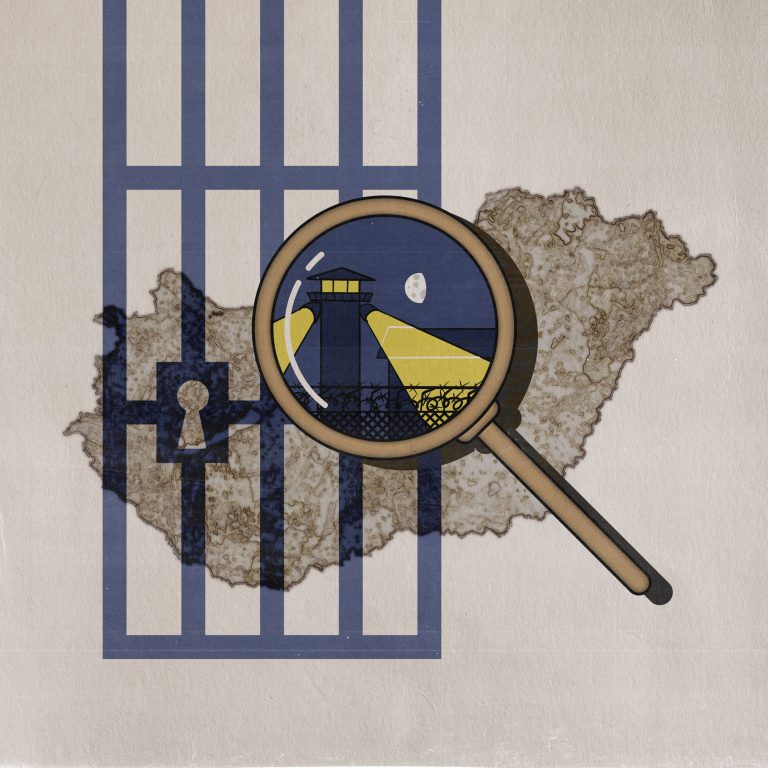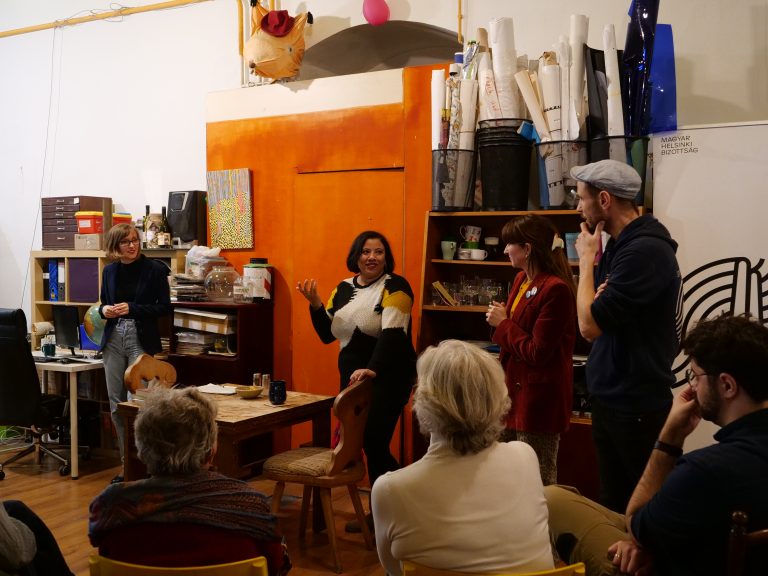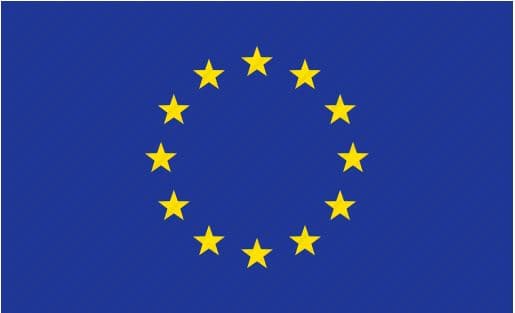Ukraine Information for refugees from Ukraine
Информация для ищущих убежища из Украины. Інформація для біженців із України.


Recent developments in Hungary once again highlight how the “state of danger” is a tool to concentrate powers in the hands of the executive. Our one-pager explains the deficient framework and how it is abused in practice.

This morning, the Pécs District Prosecutor’s Office informed Géza Buzás-Hábel, the organizer of last Fall’s Pécs Pride, that charges had been brought against him for organizing Pécs Pride. The prosecutor’s office has turned to the Pécs District Court for violation of the freedom of association and assembly, which could impose up to one year of imprisonment.

For the seventh year in a row, the Hungarian Helsinki Committee is contributing to the European Commission’s annual Rule of Law Report in coordination with other Hungarian human rights and anti-corruption CSOs in the framework of the stakeholder consultation launched by the European Commission.

On 21 January 2026, the Hungarian Helsinki Committee (HHC) submitted a new Rule 9(2) communication to the Committee of Ministers concerning the execution of the European Court of Human Rights’ judgments in the Gubacsi v. … Read more

In a joint submission to the Council of Europe, HCLU and HHC highlight the Hungarian government’s continued failure to reform the national minority voting system in spite of a European Court of Human Rights judgment, leaving most minorities without a real chance of parliamentary representation before the 2026 elections.

The Hungarian Helsinki Committee (HHC) has submitted a new communication to the Committee of Ministers of the Council of Europe concerning the execution of the European Court of Human Rights’ pilot judgment in Varga and Others v. Hungary and the related István Gábor Kovács v. Hungary case group. This group of cases concerns inhuman and/or degrading treatment arising from poor conditions of detention, primarily resulting from structural prison overcrowding, the lack of effective preventive and compensatory remedies, and other detention-related violations.

The “Human Rights Defenders of the Future” the youth group of the Hungarian Helsinki Committee, held a Forum Theatre performance on 10 December, on World Human Rights Day. The interactive performance portrayed the problems refugees and foreigners face living in Hungary.

In April 2026, the Hungarian parliamentary elections will be a pivotal moment for democracy, fundamental rights and the rule of law in Hungary and for the entire European Union. There is a serious likelihood that they will be marred, yet again, by grave violations of both domestic and international standards for democratic elections.

As an electoral body, the Hungarian National Election Commission is unable to level the playing field, which favours the governing parties.

Study on Innovative Practices of Civil Society Regarding the EU Rule of Law Toolbox

Since the last general election on 3 April 2022, the Hungarian Parliament has passed several amendments to the legal framework relating to elections.

In December 2022, European Union institutions suspended and tied to conditions Hungary’s access to EU funds under various procedures due to severe breaches of the rule of law and human rights. Ahead of the upcoming … Read more

A new handbook is published to support civil society in building strong communities of practice and the first ‘Caring to Include’ toolkit can be accessed that is developed to strengthen the well-being of staff and volunteers who support refugees and people seeking protection.

Persistent systemic challenges continue to affect Hungary’s compliance with OSCE commitments related to democratic elections. Numerous long-standing OSCE/ODIHR recommendations remain unaddressed. The most pressing issues cumulatively contribute to an electoral environment that questions the overall fairness of the process.

Háttér Society, the Hungarian Civil Liberties Union (HCLU), and the Hungarian Helsinki Committee (HHC) have jointly submitted input to the UN Special Rapporteur on Freedom of Peaceful Assembly and Association for her 2026 thematic report … Read more

The Hungarian Helsinki Committee (HHC) and the Support Network for Detainees and Their Families (FECSKE) have submitted input to the UN Special Rapporteur on Freedom of Religion or Belief for her forthcoming thematic report on … Read more

The Hungarian Helsinki Committee (HHC), together with the Support Network for Detainees and Their Families (FECSKE), has contributed to the call for input by the UN Special Rapporteur on Torture and Other Cruel, Inhuman or … Read more

The Hungarian Helsinki Committee has submitted its response to the UN Special Rapporteur on Human Rights Defenders for her forthcoming and final report to the 61st session of the Human Rights Council. The call for … Read more

Breaches of judges’ freedom of expression have been a long-standing problem in Hungary. The individual instances may not be as blatant as in the case of Poland, however, the issue is persistent. For a long … Read more

The Hungarian Helsinki Committee participated at the 2025 OSCE Human Dimension Conference. This 11-day conference was dedicated to discussions on the condition of human rights and fundamental freedoms in the OSCE area. The conference provided … Read more